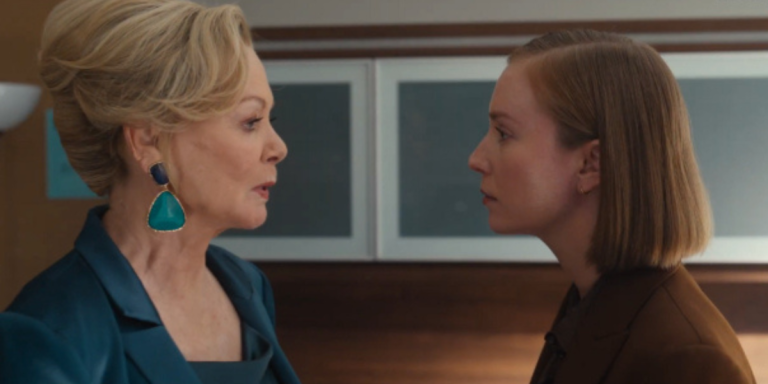Television
Autostraddle is the expert on queer TV shows with characters who are lesbians, bisexual women, and/or trans. We have all the latest news, trailers and exclusive scoops on the best queer TV shows to watch, stream and savor: a library of queer TV reviews, our streaming guides for the best Queer TV on Apple TV, Peacock, Netflix, Hulu, Amazon and HBO Max; and tv recaps of shows like The Ultimatum, The L Word: Generation Q, and Yellowjackets.
What Gay TV To Stream
Become a Member
Become a Member to support queer journalism
What You Get:
Become a Member
Become a Member to support queer journalism
























